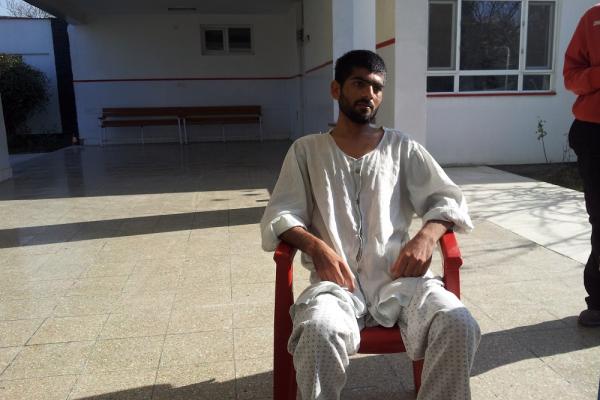Dec 9, 2015
“I feel very angry, but I don’t want anything from the U.S. military. God will hold them accountable,” said Khalid Ahmad, a 20-year-old pharmacist who survived the U.S. bombing of the Médecins Sans Frontières (MSF)/Doctors Without Borders Hospital in Kunduz, Afghanistan on Oct. 3.
Read the Full Article

Already a subscriber? Login
